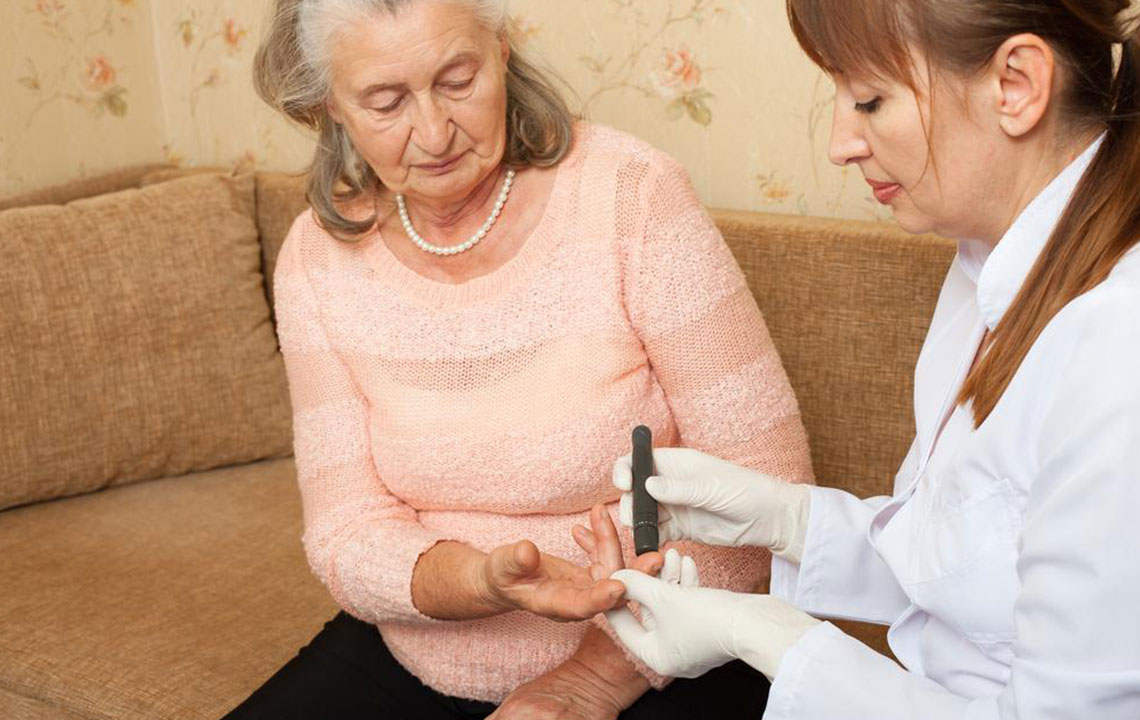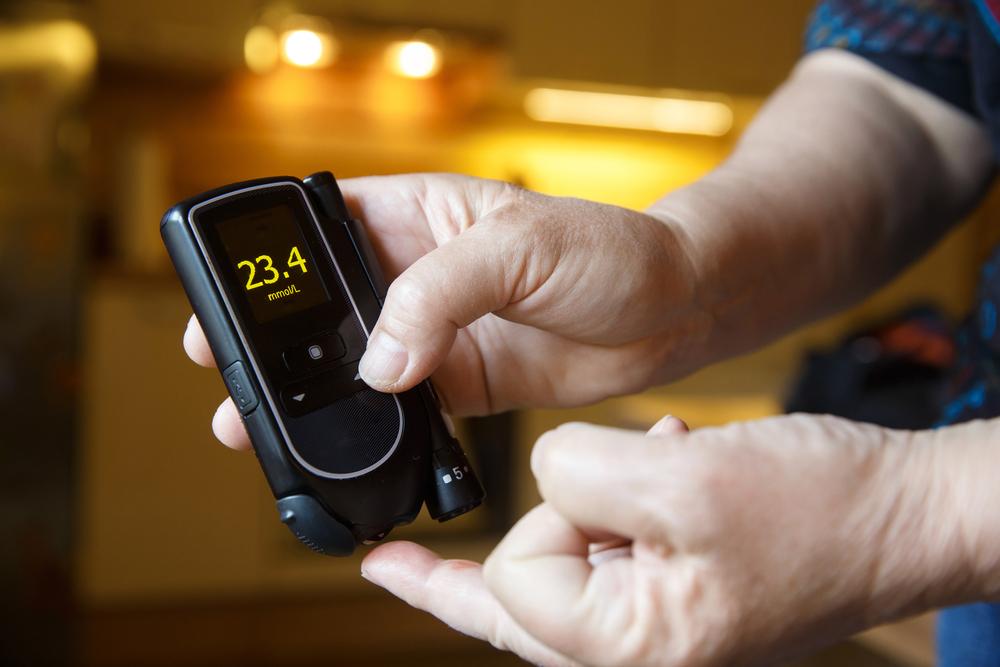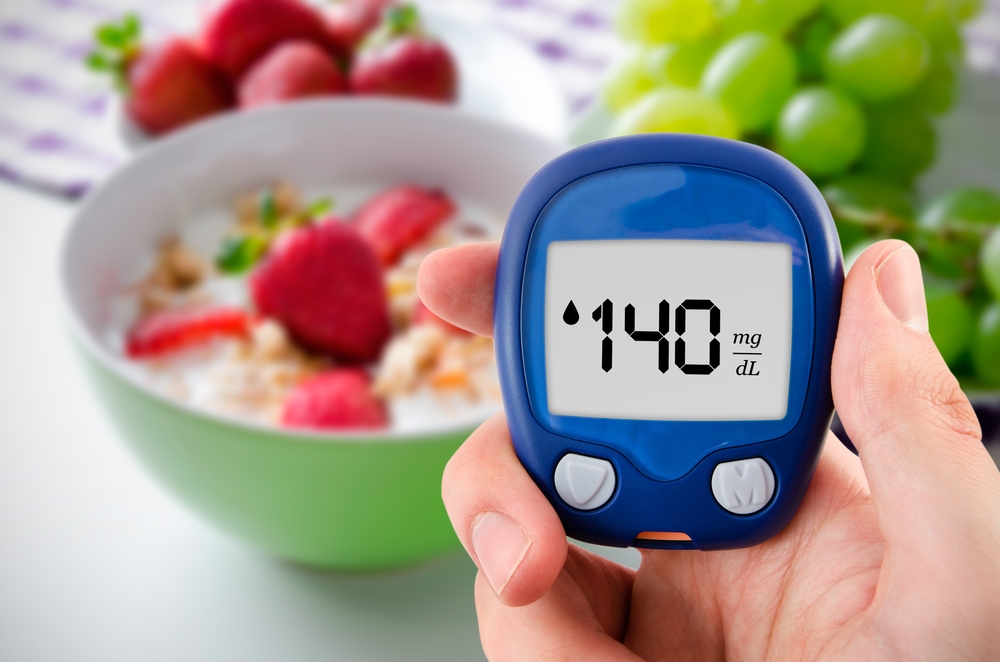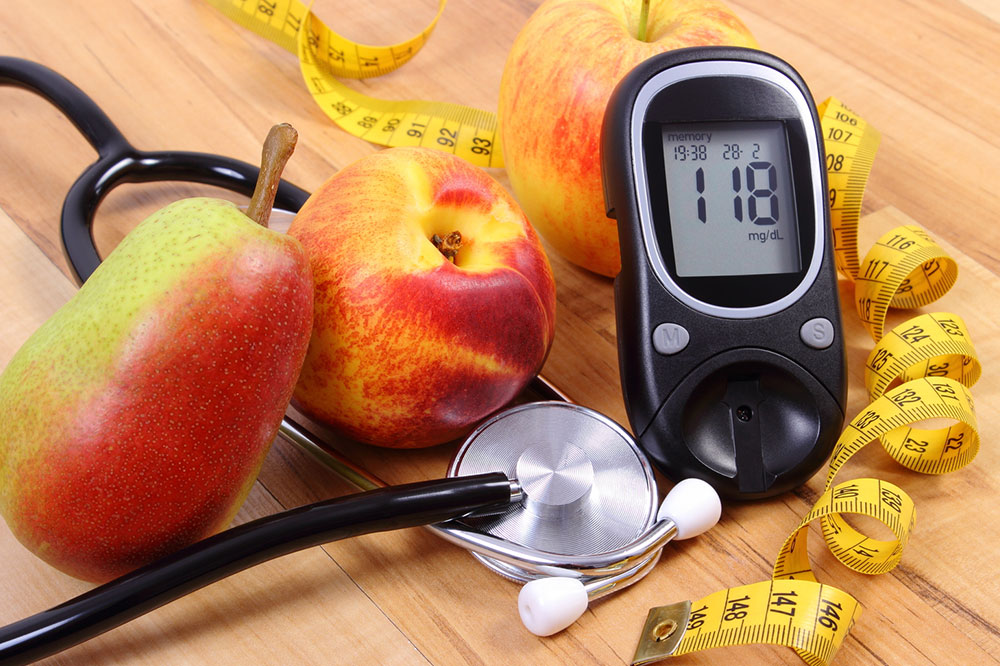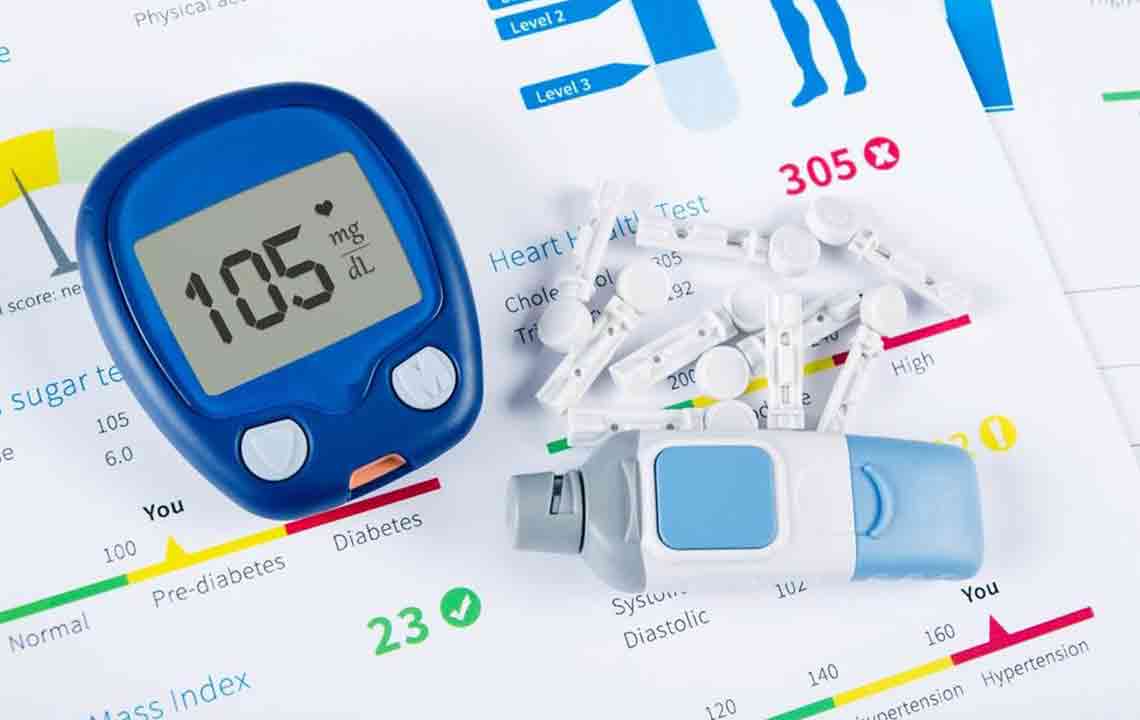Comprehensive Guide to Understanding and Managing Diabetes
Learn about diabetes, its symptoms, and effective management strategies. Understand how lifestyle changes and medications help control blood sugar levels and improve quality of life for those affected by this common metabolic disorder.
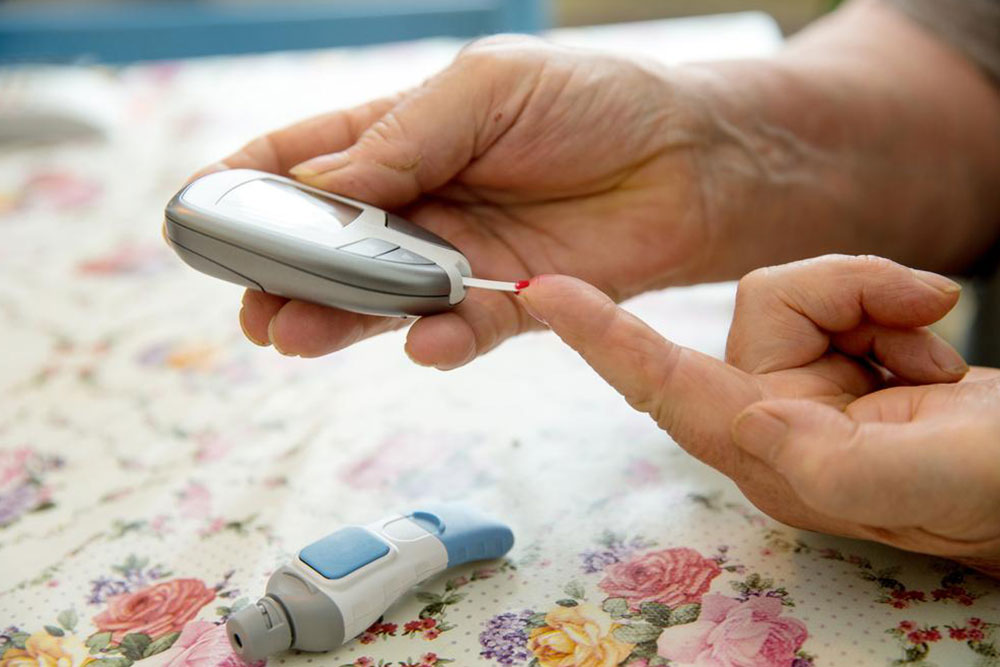
Comprehensive Guide to Understanding and Managing Diabetes
Diabetes mellitus, commonly known as diabetes, is a metabolic disorder characterized by elevated blood sugar levels. It results from insufficient insulin production or the body's inability to respond effectively to insulin. Symptoms may include increased thirst, frequent urination, and excessive hunger. According to 2013 statistics, over 382 million people worldwide were managing diabetes, and this number has grown significantly since then.
Key Symptoms of Diabetes
Some individuals experience mild symptoms or none at all, which can delay diagnosis and lead to complications. Common signs include:
Frequent urination: Poor insulin function causes the kidneys to excrete more water along with glucose, resulting in increased urination.
Intense thirst: Losing fluids through urination leads to dehydration, making individuals feel very thirsty.
Uncontrolled hunger: When insulin isn't functioning properly, the body's energy regulation is disrupted, causing hunger pangs.
Other symptoms may include unexplained weight fluctuations, blurred vision, fatigue, and irritability. Early diagnosis and appropriate management are vital, involving medication and lifestyle adjustments.
Ways to Manage and Control Diabetes
Although Type 1 and Type 2 diabetes currently have no cure, symptoms can be managed effectively. Lifestyle changes, particularly diet and exercise, play a crucial role. Regular physical activity like walking, swimming, or light jogging helps lower blood sugar levels and prevent nerve damage. For persistent foot or nerve pain, medications—both over-the-counter and prescribed—may be used, with caution advised for those with heart conditions. Alternative therapies such as meditation, acupuncture, and biofeedback can also support symptom relief. Always consult a healthcare provider before starting any treatment plan.

